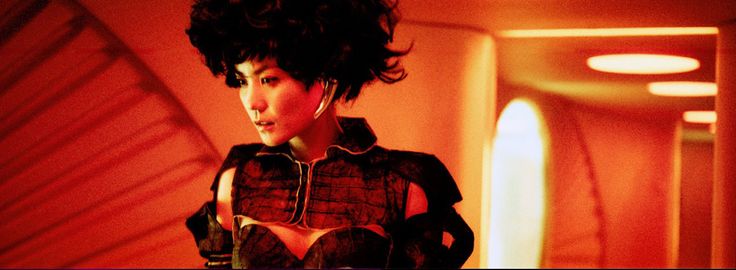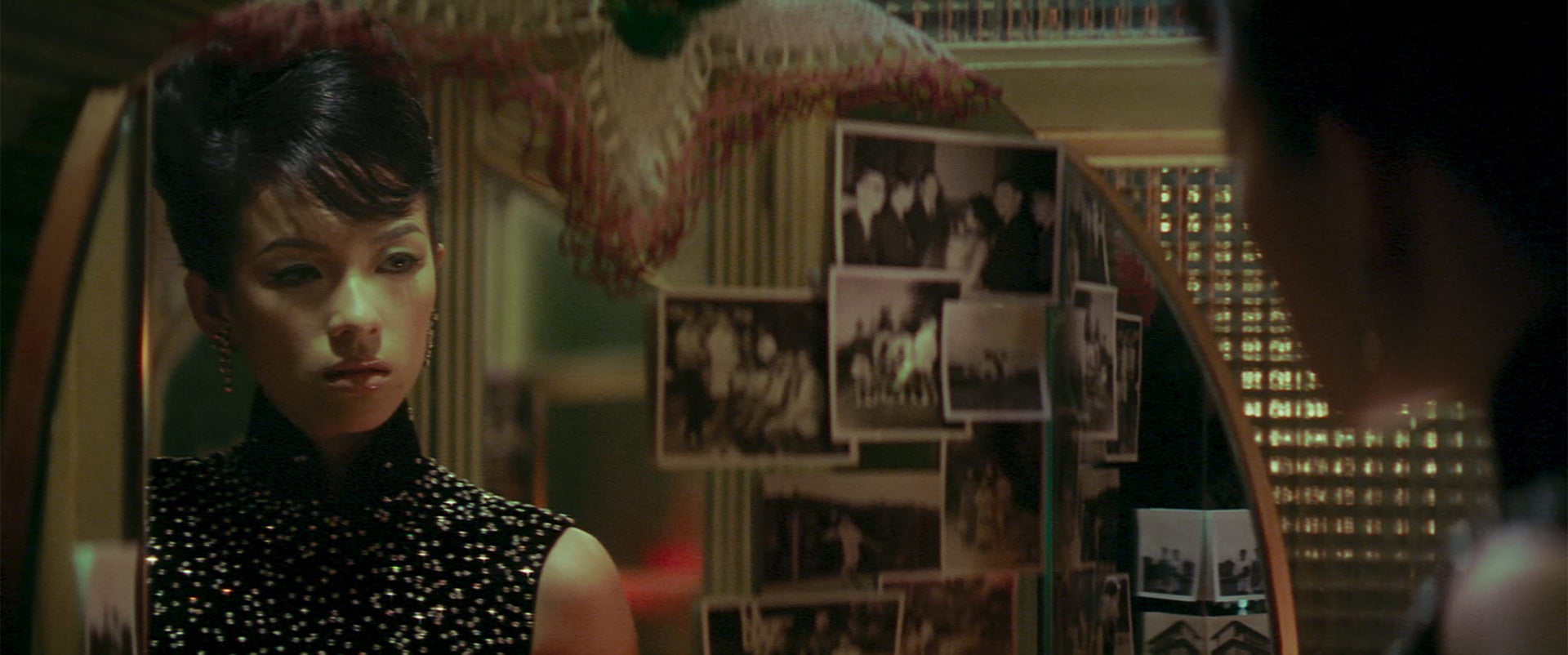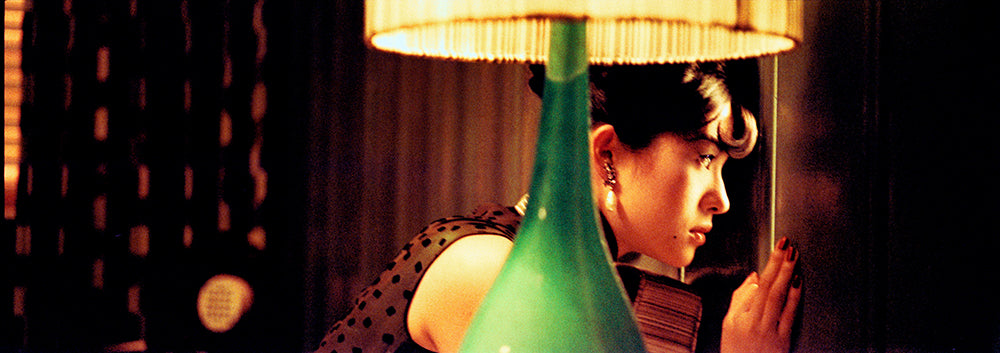
[2046 REFERENCES]
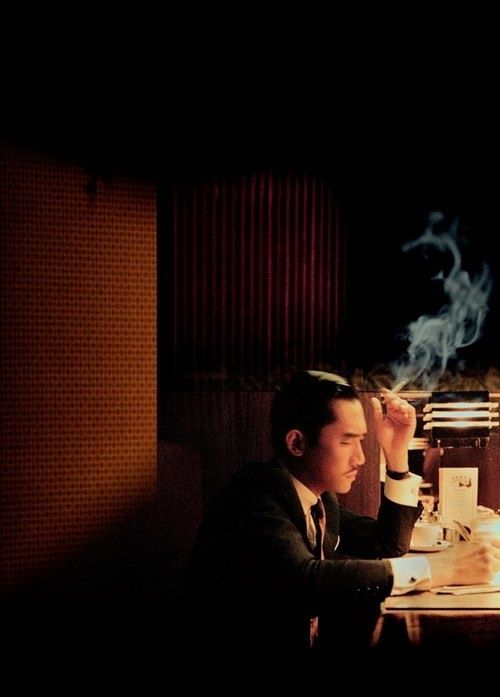
Wong Kar Wai picks up where he left off with "In the Mood for Love." It's as if that work continued to haunt him. "2046" feels like a sequel without being one, where the character of Mr. Chow reappears in a small Hong Kong hotel in the early 1960s, portrayed by the enigmatic and excellent Tony Leung.
He begins writing a science fiction novel called "2046," a number with significant meanings to him, such as a room number where one of his great loves perished or an imaginary train he can't seem to shake. His book is heavily inspired by his life, the women he encounters, and the imagination and emotion that consume him.
Mr. Chow's life is like a dance, shifting in rhythm and amplitude with the women he meets, where each step takes on a different meaning. But there are things he keeps to himself, things he can't share, pulling him away from possible love or plunging him into a solitary life of irreverent debauchery. "2046" is a film in the pure lineage of Wong Kar Wai's imperial style. He observes the grace and human disorders through a magnifying glass, through a keyhole or the entanglement of a door, witnessing lives in delicate romantic confusion. The director pushes his visual sense to its limits, overflowing into a manicured obsession. "2046" can be seen or read like a collection of short stories, revealing the intimacy of relationships passing through the life of this "solitary" writer like shooting stars.
The narrative unfolds with successive encounters, overlapping timelines and perceptions (reality and science fiction), constantly intensifying in emotion.
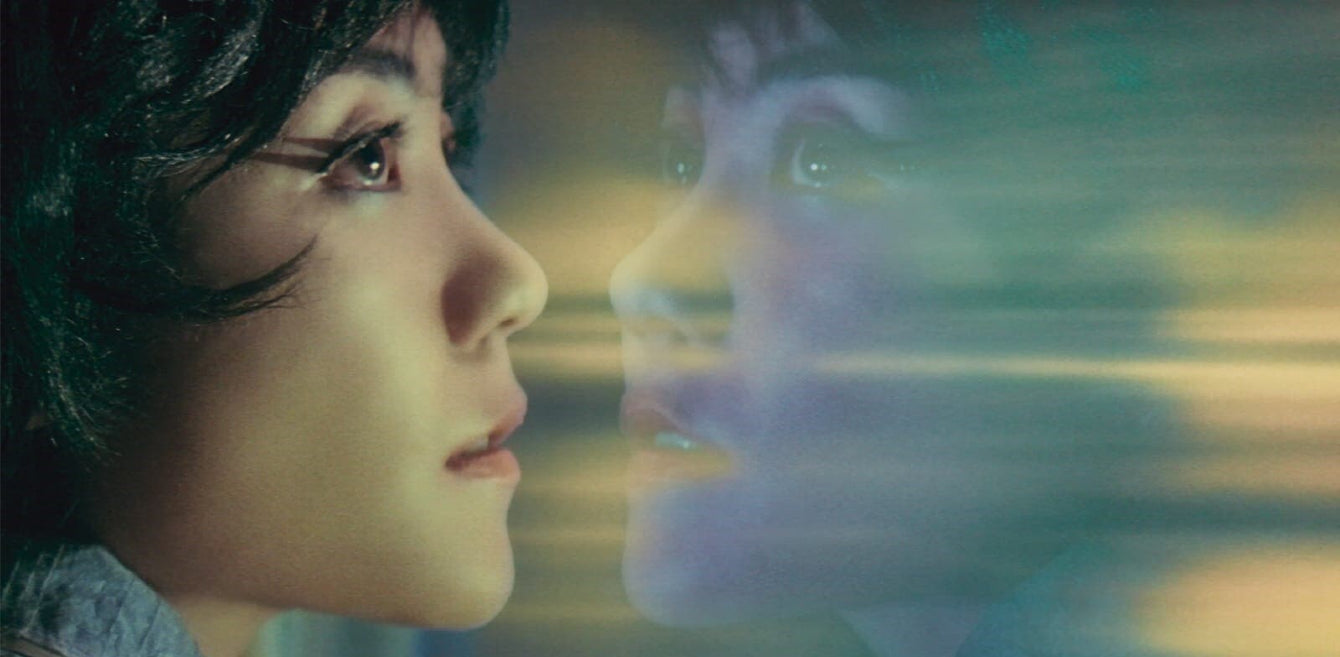
Darker and more uninhibited rendition of "In the Mood for Love —
"2046" is a beautifully nuanced chronicle of a man's relationships with women, evoking a myriad of sensations that shape both his identity as a man and as a writer.
